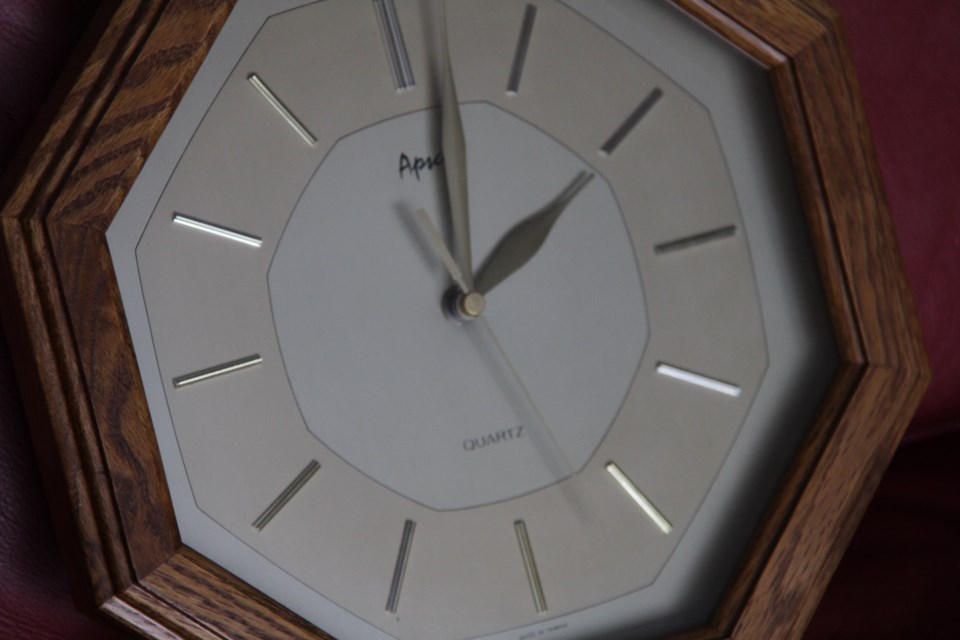Remember to turn your clocks AHEAD this weekend.
Sunday, March 13, at 2:00:00 a.m. clocks are turned forward 1 hour to 3:00:00 AM local daylight time. But you can cheat and do it before you hit the sack Saturday night.
Sunrise and sunset will be one hour later on Sunday than Saturday which means there will be more light in the evening, but it may still be dark when you get up in the morning.
Benjamin Franklin, the American inventor and politician, first suggested the idea as a way of people not using so many candles by missing the early morning light.
Germany adopted the idea in 1916 and Britain followed a year later.
The idea was to reduce domestic coal consumption and increase the coal that would be available for the war effort.
Some say the change comes with health risks as changing the clocks by one hour may be connected to a higher rate of ischemic strokes...the most common type of stroke... according to researchers.
Meanwhile local fire and emergency services are reminding folks that this weekend when you “change your clocks – change your smoke and carbon monoxide alarm batteries.”
"The message is simple but the habit could be life saving. Most fatal fires occur at night when people are asleep. Often the victims never wake up. Changing smoke alarm batteries twice a year, testing these alarms and reminding others to do the same are some of the simplest, most effective ways to reduce these tragic deaths and injuries. Working smoke alarms provide an early warning and critical extra seconds to escape,” said Fire Prevention Officer Sheri Korn.
"Working smoke and carbon monoxide alarms will greatly increase your chances of surviving a fire or exposure to carbon monoxide."
While you are changing the batteries, take a moment to check the age of every alarm in your home. Look for the manufacturer’s expiration date on the back or the side of the alarm. If any smoke alarms (battery operated or hardwired) are over 10 years old, or if the unit is so old its age cannot be accurately determined – replace them!
Like smoke alarms, carbon monoxide alarms also wear out. They need to be replaced according to the manufacturer’s instructions or every 7 years.



